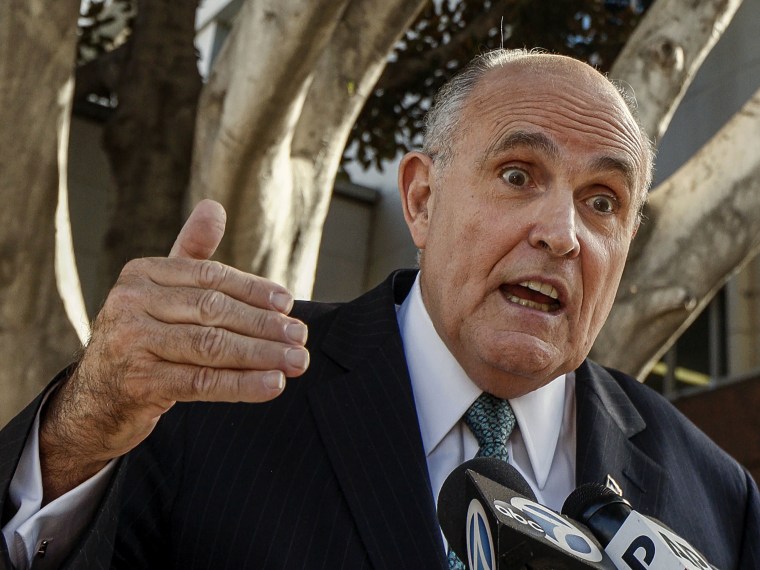Donald Trump and his legal defense team still haven't agreed to answer Special Counsel Robert Mueller's questions, despite months of back-and-forth negotiations. A Washington Post report noted two weeks ago that the talks "have been at an impasse" since March, in part because the president's lawyers are worried about what Trump might say about obstruction of justice.
With this in mind, the Wall Street Journal reported overnight that the president's attorneys have "submitted a counteroffer" to the special counsel's team: Trump might be willing to sit down for an interview, but only if investigators agreed in advance not to ask questions about some of the things the president may have done wrong.
President Donald Trump's legal team has submitted a counteroffer to special counsel Robert Mueller on a possible interview with the president that could allow for questions about collusion with Russia but curtail inquiries related to obstruction of justice. [...]The president's legal team is open to him answering questions about possible collusion with Moscow, [Rudy Giuliani] said, but is less willing to have Mr. Trump discuss questions about obstruction of justice. "We think the obstruction of it is handled by Article 2 of the Constitution," Mr. Giuliani said, referring to the provision that gives the president executive authority to appoint and dismiss members of his administration.
Putting aside whether Mueller would accept such a deal -- given recent history, I rather doubt it -- there are a few angles to this that are worth keeping in mind as the process continues to unfold.
First, this doesn't exactly make the president look innocent. Imagine a hypothetical scenario in which law enforcement wanted to search a suspect's home, and the person responded, "OK, you're welcome to look around, but only if you agree in advance not to look in my shed." It's the sort of thing that might lead one to suspect there's something incriminating in that guy's shed.
Giuliani's pitch is similar: federal investigators can ask Trump questions, but only if they agree in advance not to explore certain crimes the president may have committed.
Second, Trump's lawyers sure have come up with a lot of creative alternatives to full cooperation, haven't they?
A regular readers may recall, the president's legal defense team has presented a variety of possibilities -- from a take-home exam to a written affidavit to pre-written narrative vignettes -- all because Trump's attorneys believe he might lie during an interview. Evidently, those concerns haven't gone away.
And finally, last year, one of the president's attorneys, Jay Sekulow, appeared on CBS News' "Face the Nation" and spoke with then-host John Dickerson about Trump's decision to fire James Comey as the director of the FBI. Asked if the president would be willing to speak under oath about the subject, Sekulow responded, "Yeah, the president was very clear about that. He said if he was asked to do it he would."
So, what prompted Trump's lawyers to change their minds?
